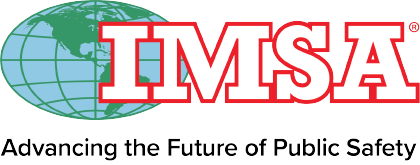Q-Free, a global leader in mobility solutions for smart city infrastructure, announced today that it has been awarded a $1.5 million contract by the North Carolina Department of Transportation (NCDOT) to supply 600 2070LX ATC traffic signal controllers in the next 60 days. The units will operate in conjunction with Q-Free’s MAXTIME intersection control software, licensed by North Carolina in a statewide deal last year.
ATC traffic signal controllers are the latest generation of hardware that manages traffic flow at signalized intersections. They offer superior performance, reliability, and flexibility, enabling a wide range of applications on a single device, from adaptive signal control to transit signal priority and connected vehicle technology.
Q-Free locally builds and sources ATC controllers in the United States, uniquely positioning them to meet North Carolina’s accelerated delivery schedule, according to Q-Free EVP of Urban Sales Steve Mager.
“Q-Free is committed to providing the best mobility solutions for our customers and partners,” Mager stated. “By building and sourcing our ATC controllers in the United States, we are not only complying with the Build America Buy America (BABA) Act but also supporting the local economy and creating jobs. Our local production also gives us a competitive edge in delivering our products faster and more efficiently than any other company in the industry.”
As a pioneer in developing ATC controllers and a strong advocate of interoperability, Q-Free has sold more than 40,000 units across North America, including statewide contracts in Georgia, Oregon, Wyoming, and Colorado.
Q-Free maintains a strong presence in North Carolina traffic control, delivering a range of innovative and sustainable solutions for intelligent transportation systems. From a cloud-hosted statewide ATMS service to ramp meter projects and controller installations, Q-Free has built a collaborative culture in North Carolina. Mager concluded, “We are proud to work with NCDOT and help them achieve their mission of connecting people, products and places safely, efficiently, and sustainably to enhance the state’s economy and vitality.”
